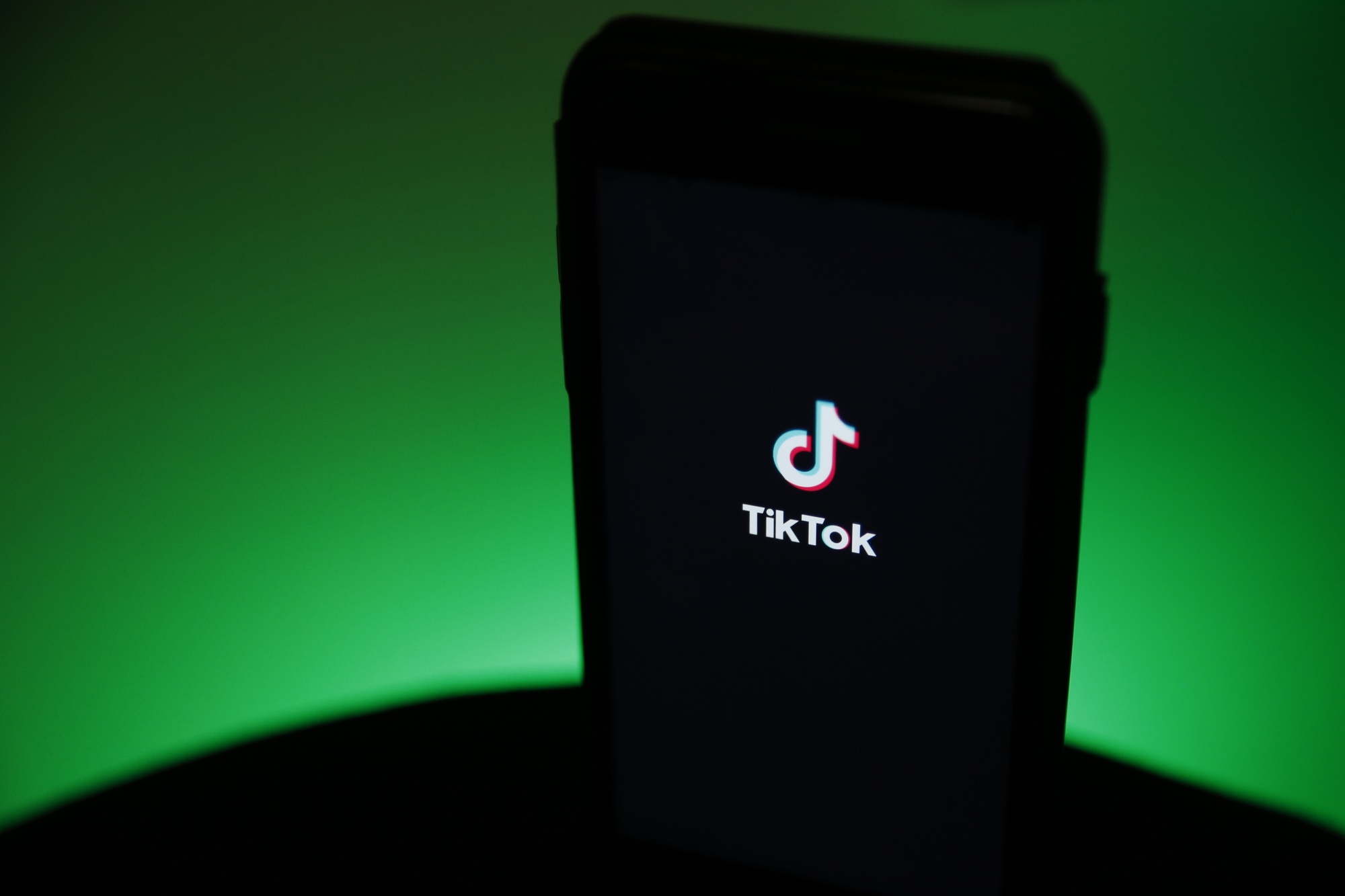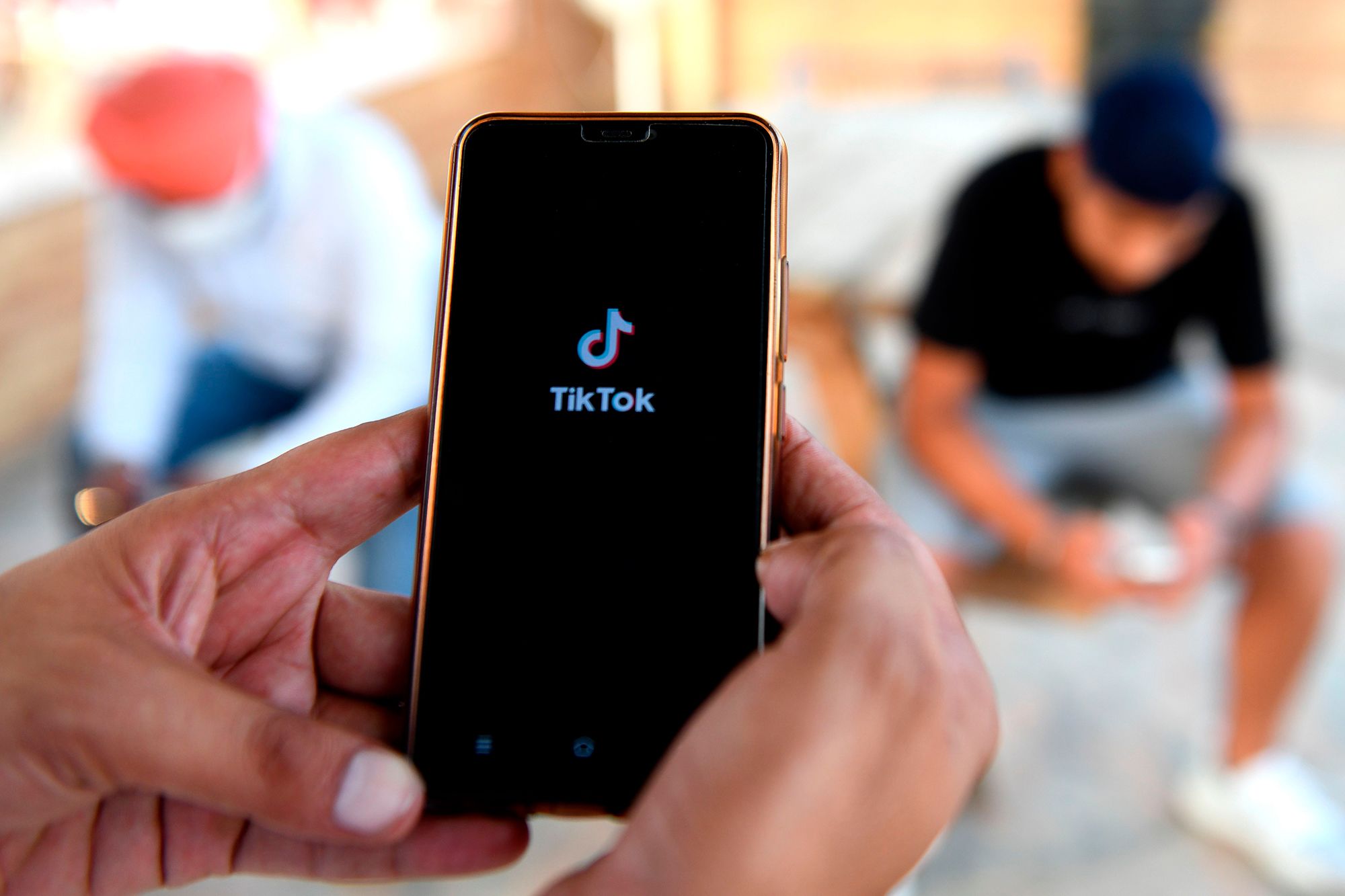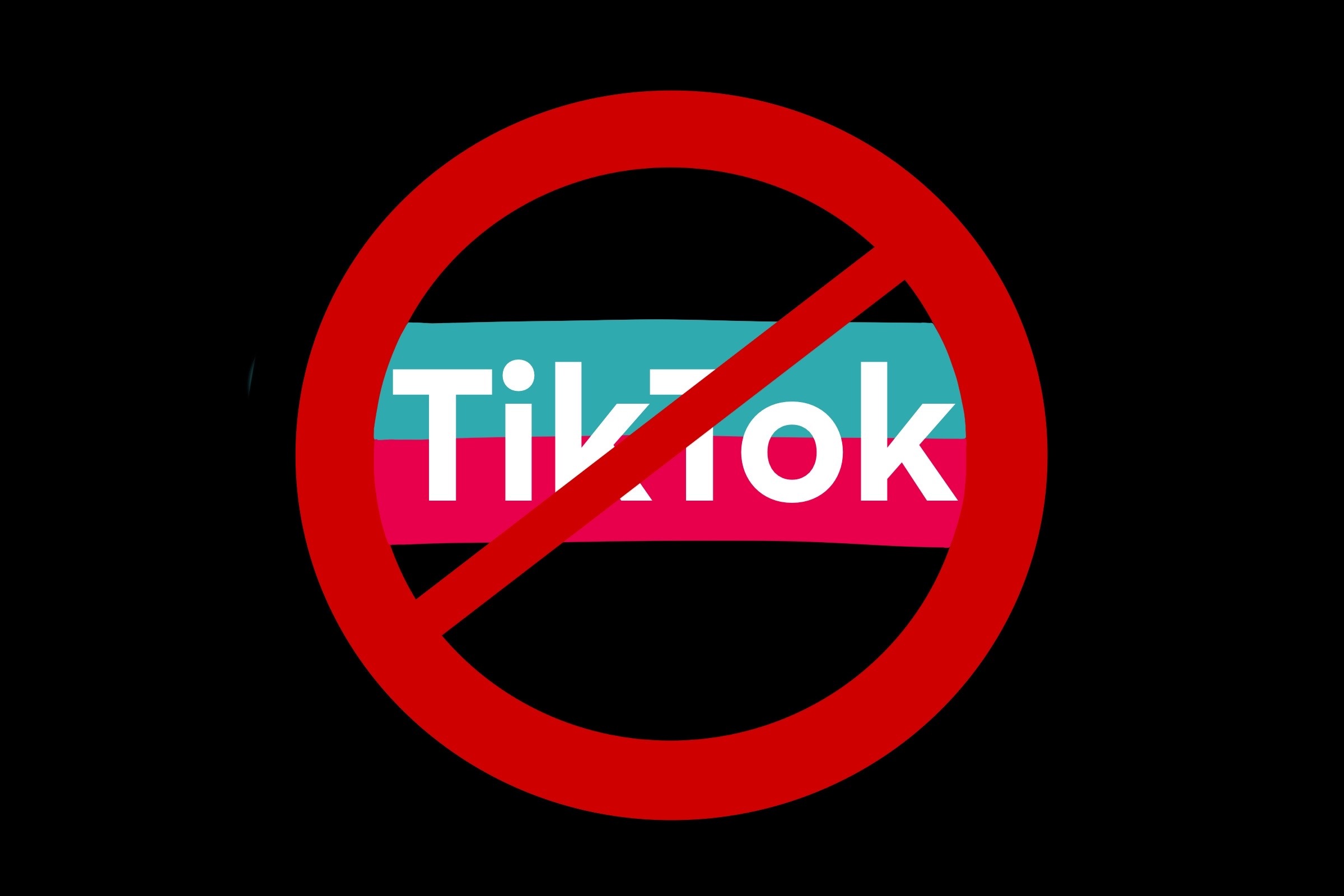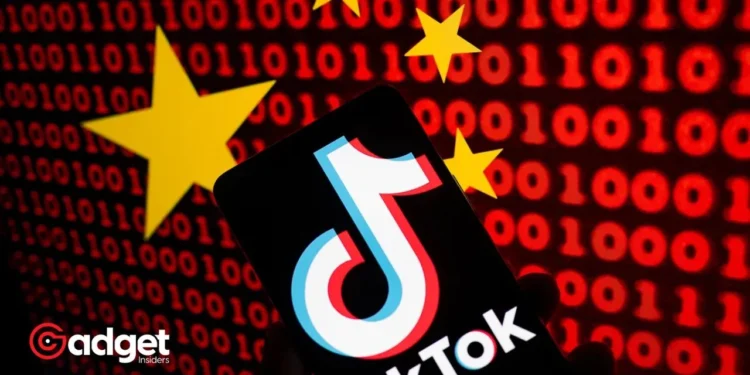In the constantly evolving landscape of social media, few stories have captivated audiences like the ongoing saga of TikTok, the Chinese-owned video-sharing app that has taken the world by storm. Just when TikTok executives believed they had navigated through the stormy seas of political scrutiny, a new wave of challenges emerged, threatening the app’s very presence in the United States.
The initial sense of relief came after an unexpected move by President Joe Biden, who, in an apparent embrace of modern communication channels, joined TikTok in late February. This gesture, coupled with the Biden campaign’s active posting on the platform, sent a reassuring signal to the company’s leadership.
Confidently, they relayed this positive development from their Singapore office, believing the threat of a ban had receded into the background.

Behind Closed Doors: The Plot Thickens
However, the serene surface belied the turbulent currents below. Unbeknownst to TikTok’s optimistic executives, a bipartisan group of lawmakers, alongside Biden administration officials, was quietly laying the groundwork for legislation that could either ban the app or force its sale to a non-Chinese entity.
This strategic maneuvering in Washington was so discreet that even TikTok’s robust lobbying and government relations operations were caught off guard by the proximity of the legislative threat to becoming a reality.

The Legislative Hammer: A Bipartisan Move Against TikTok
The driving force behind this legislative push was a bipartisan duo: Republican Rep. Mike Gallagher of Wisconsin and Democratic Rep. Raja Krishnamoorthi of Illinois.
Their efforts, fueled by a coalition of China critics in Washington and Silicon Valley, gained momentum against a backdrop of controversies, including the dissemination of provocative TikTok videos related to the Israel-Hamas conflict. This proposed bill, emerging from over a year of meticulous planning, represents a significant escalation in the battle over TikTok’s future in the U.S.
I’m currently on the floor managing the debate AGAINST the TikTok ban. This is my opening statement. Tune in to CSPAN live now for more. pic.twitter.com/yFqdYt4Pxd
— Thomas Massie (@RepThomasMassie) March 13, 2024
The Stakes Are High: National Security vs. Freedom of Speech
At the heart of the debate is a clash between national security concerns and the principles of free speech. Former President Donald Trump, despite his adversarial stance towards China, expressed reservations about banning TikTok, suggesting that it might unduly benefit competitors like Facebook.
Meanwhile, TikTok, supported by the American Civil Liberties Union and other free-speech advocates, argues that a ban would infringe upon First Amendment rights. President Biden, however, has signaled his willingness to approve the ban, should the legislation reach his desk, underscoring the gravity of the national security implications at play.
Experts like Caitlin Chin-Rothmann of the Center for Strategic and International Studies and Sarah Kreps of Cornell University’s Tech Policy Institute highlight the intricate balance between addressing security threats and upholding constitutional rights.
The legislative text has been carefully crafted to withstand legal challenges, particularly those centered on First Amendment violations, by framing the issue as a matter of national security.

Looking Ahead: The Vote and Beyond
As the House prepares for a pivotal vote, the future of TikTok hangs in the balance. The app’s spokesperson has criticized the legislative process as biased towards a total ban. In the meantime, Florida-based Rumble has emerged as a potential savior, offering to acquire and manage TikTok within the U.S., proposing an alternative path forward.
This unfolding story is more than just a legal or political drama; it’s a reflection of the broader tensions between the U.S. and China, the evolving nature of national security in the digital age, and the ongoing debate over the boundaries of free speech. As the world watches, the outcome of this saga will likely have far-reaching implications for the future of social media and international relations.










